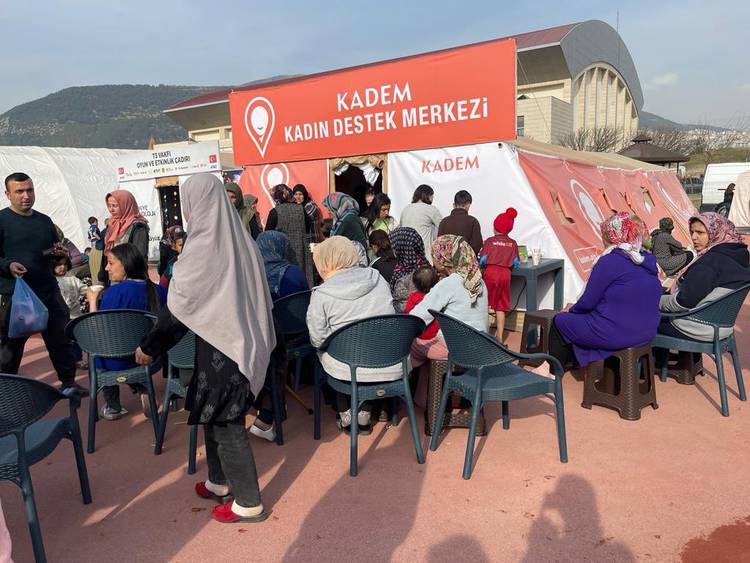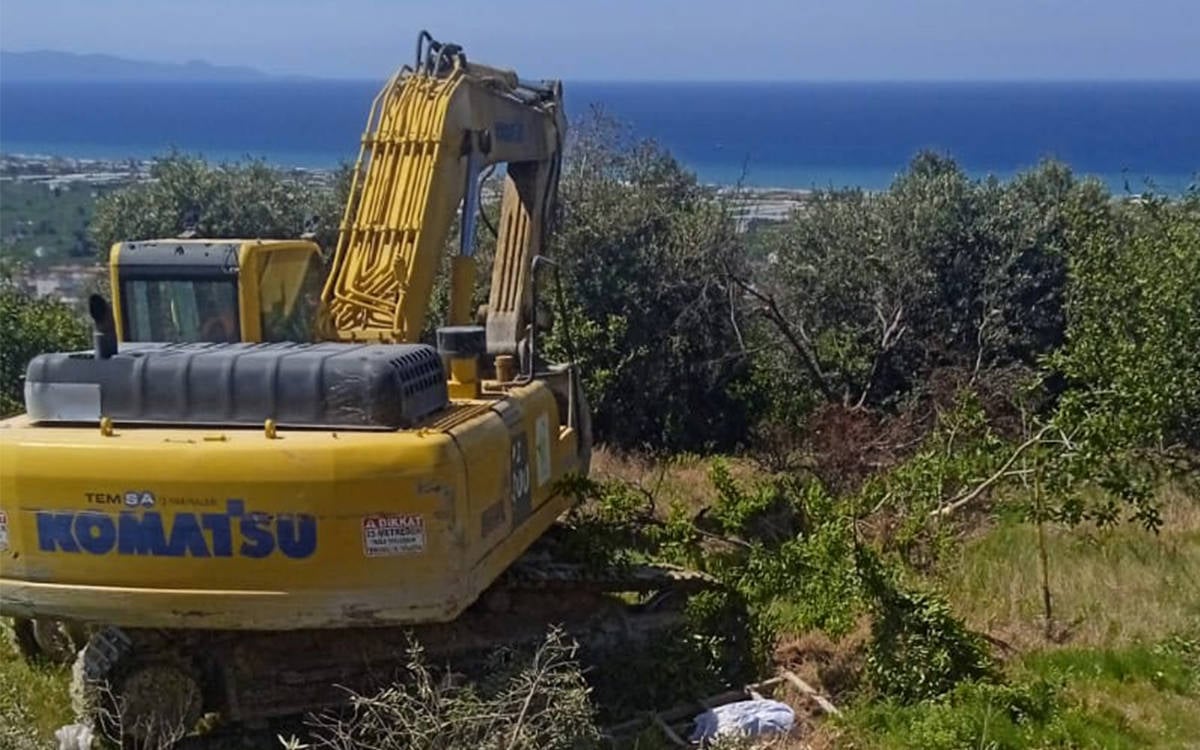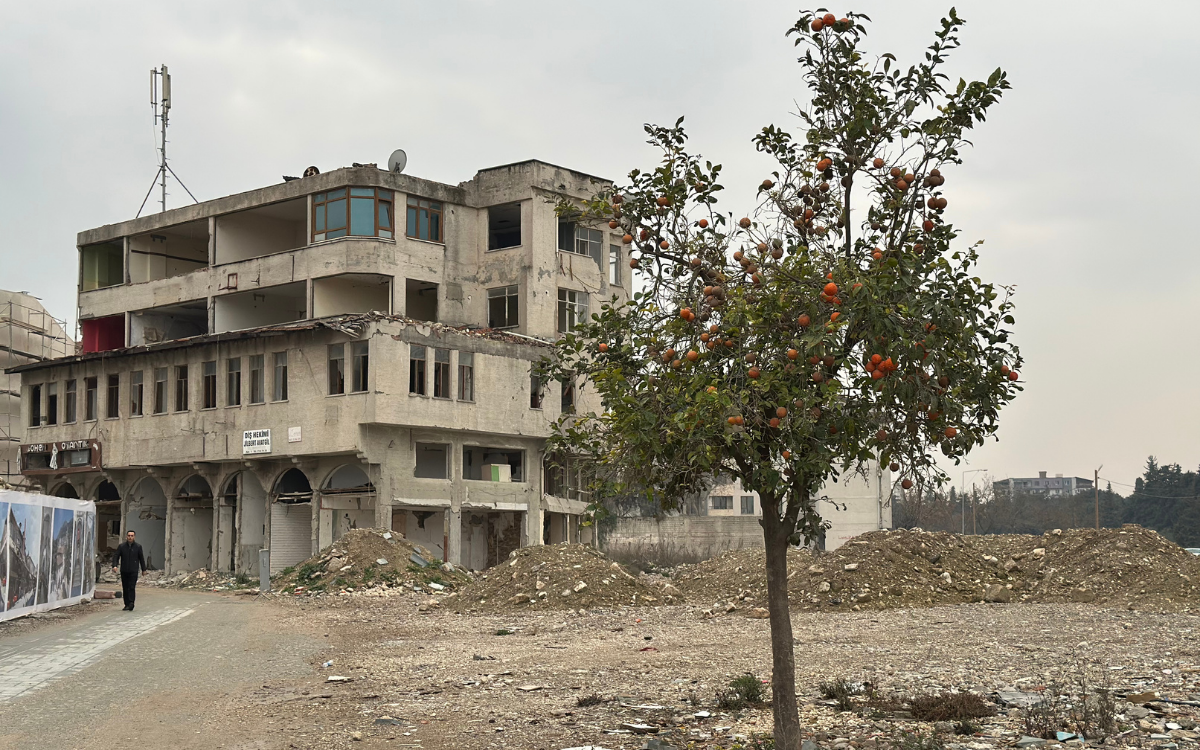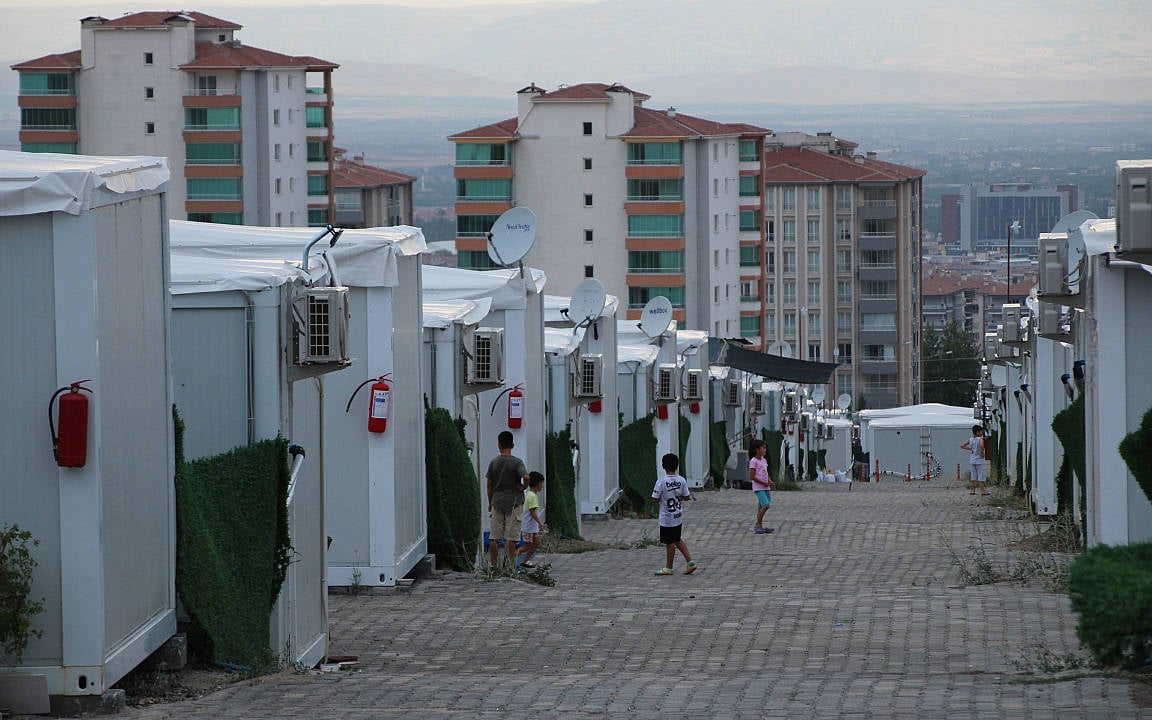Women still struggle to access healthcare services two years after earthquakes


Two years after the devastating earthquakes of Feb 6, 2023, in Malatya, women living in container settlements continue to face significant barriers to accessing healthcare. Cansu Kaplan, co-chair of the Malatya Branch of the Health Workers' Union (SES), highlighted several ongoing issues, including inadequate healthcare services, rising cases of unplanned pregnancies, and a shortage of medical personnel.
Kaplan emphasized the heavy toll the post-earthquake conditions have taken on women: "Women and children were the most affected by the earthquake. Women who lost their homes and daily routines have had to build new lives in tents and containers. This process has severely impacted both their physical and mental health.
"Women living in container settlements have to take at least two different modes of transportation to reach hospitals, making it difficult for many to access healthcare services."
Increased infections
Kaplan pointed out that access to family planning services has become nearly impossible, saying, "After the earthquake, women have struggled to benefit from family health centers as they once did. Services such as condoms and emergency contraceptive pills, which were previously provided at family health centers, are no longer available.
"Combined with the ongoing economic crisis, this has led to an increase in unplanned pregnancies. Additionally, poor hygiene conditions and shared toilets have resulted in frequent urinary tract infections among women."
Waiting for months for appointments
Another major problem women face is the prolonged process of obtaining appointments and medical diagnoses. It has become increasingly difficult to secure appointments, and diagnostic procedures, such as tests and MRIs, requiring months of waiting, according to Kaplan.
"After finally securing an appointment, women have to wait several days for their test results," she said. "For MRIs, appointments are given three months out, and the results take just as long. Once they have the results, they need to book another appointment to discuss them with a doctor. This means a full diagnosis can take almost a year."
Reduced number of healthcare personnel
Kaplan also noted that many healthcare workers have been forced to request transfers due to housing shortages following the earthquake, exacerbating hospital overcrowding:
"At least 300 nurses have left Malatya since the earthquake. With a reduced number of healthcare personnel, hospitals are overwhelmed. Addressing this issue and improving healthcare services is an urgent need."
While access to healthcare remains a serious challenge for women, both healthcare professionals and authorities stress the importance of implementing permanent solutions to improve conditions.
(BAŞ/EMK/VK)








